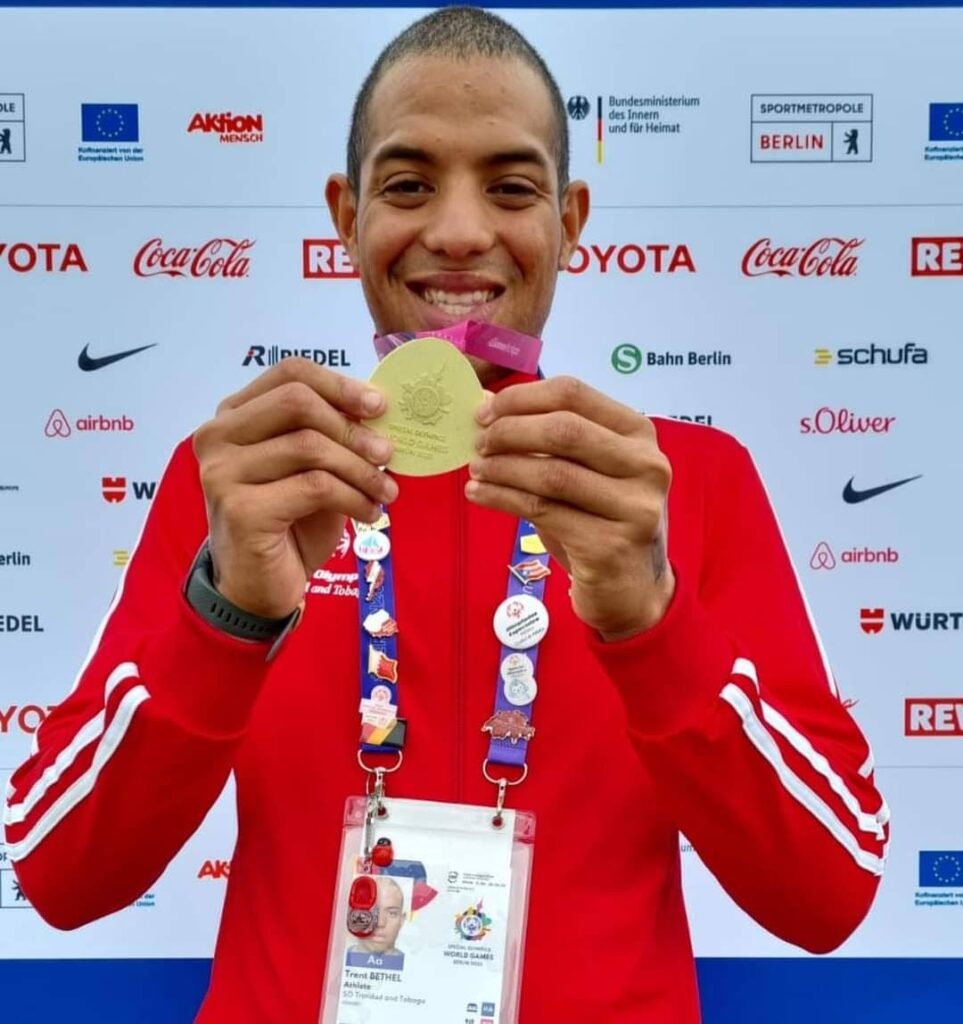Importance of Special Olympics

At the Special Olympics in Berlin last week, Trinidad and Tobago captured an impressive 11 medals – five gold, four silver and two bronze, among them four medals in the equestrian English equitation competition.
Beyond the medals, TT's Olympians gave a spirited showing, with swimmer Trent Bethel capturing two gold medals for swimming. The medal count may be more as our Olympians completed their athletics schedule on Saturday, ahead of the end of the games today.
This performance followed the end of the Special Olympics TT National Games on May 27, when a team of 18 athletes was chosen to represent the country.
Key supporters of the national team were The Digicel Foundation and the Ministry of Sport.
Special Olympics TT (SOTT) has been recovering, along with the rest of the sporting community, from more than two years of forced inactivity, but the organisation has not been idle.
At the end of November 2022, the NGO moved to a new home at the Manny Ramjohn Stadium in Marabella.
The Special Olympics were an idea of Eunice Kennedy Shriver and began its life as a camp for intellectually-challenged children. The idea grew in July 1968 into the first games, a groundbreaking concept for an era in which the children with mental disabilities were hidden behind a veil of family shame.
It would not be out of line to consider the event as a first step in changing public ideas about the participation of the disabled in civil society.
By 1983, Special Olympics programmes had spread to 50 countries on every major continent and the International Special Olympics Summer Games was attracting more than 4,000 athletes.
The Special Olympics targets people with mental disabilities and offers an opportunity for socialisation and team engagement through sport and competitive spirit.
In 2016, the Special Olympics concept was amplified with the introduction of Unified Sports, which integrates athletes with and without disabilities in teams.
As of 2021, SOTT had 176 registered athletes and unified partners.
Special Olympics has been a success in this country, encouraging an honest appreciation of both the limitations and the potential of its athletes.
In that space and in that endeavour, a segment of the disabled community in TT has an opportunity to shine.
On their return, the Sports Minister is likely to repeat her welcome of the successful team. In 2019, along with flowers, medalling Special Olympians received cash awards for their achievements.
But other efforts at supporting the disabled continue to struggle locally.
In 2005, the government approved the National Policy on Persons with Disabilities, but the impact of that decision has not been felt equally across the more than 50,000 TT citizens who live with physical or mental disabilities.
Any reasonable assessment of progress on the national policy must acknowledge significant shortfalls that are overdue for action.
In celebrating the Special Olympics success of our athletes, it's time to also consider the thousands of other people with disabilities who still need support and opportunities.


Comments
"Importance of Special Olympics"